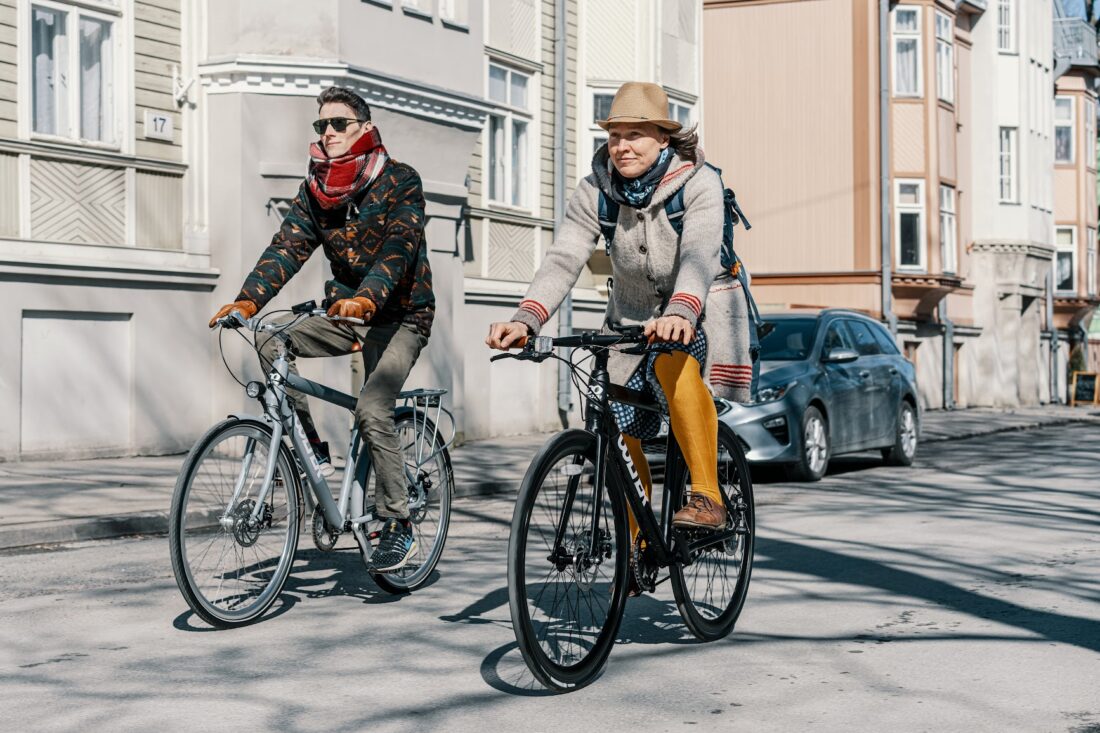Europe’s diverse landscapes and rich cultural heritage make it a prime destination for cycling enthusiasts. From picturesque countryside routes to bustling urban bike paths, the continent offers an array of top European destinations for two-wheeled adventures. Cycling through Europe provides a unique way to explore some of the best places to visit in Europe, allowing travellers to immerse themselves in local cultures and stunning scenery at a leisurely pace.

This guide delves into planning a European cycling adventure, highlighting top European cities to visit and how to combine cycling with cultural experiences. It explores the growing trend of sustainable cycling tourism in Europe and provides tips on choosing the right gear and travel insurance for your journey. Whether you’re a seasoned cyclist or a casual rider, this article will inspire you to discover Europe’s hidden gems and popular attractions on two wheels.
Planning Your European Cycling Adventure
Planning a European cycling adventure requires careful consideration of equipment, routes, and local regulations. When choosing the right bike and gear, cyclists should prioritise comfort and functionality. A bicycle with at least 10 gears, eyelets for a rear rack, and reliable brakes is essential. Padded shorts, lightweight quick-drying trousers, and a bright reflective gilet are recommended for comfort and safety.
For navigation, the EuroVelo network offers 17 long-distance cycle routes across Europe. The new EuroVelo Route Planner helps organise trips along these routes. Bikeline guides, published by Verlag Esterbauer GmbH, provide detailed maps specifically for cyclists, including information on surface quality, distances, and gradients.
Understanding local cycling laws is crucial. In Spain, helmets are mandatory for riders over 16 outside urban areas, with some exceptions. Many European countries require the use of bike lanes when available, though enforcement varies. Lights are typically required between sunset and sunrise, and a bell is often compulsory. Cyclists should familiarise themselves with specific regulations in each country they plan to visit.
Combining Cycling with Cultural Experiences
Visiting UNESCO World Heritage Sites by Bike
Europe boasts 412 UNESCO World Heritage sites, offering cyclists a unique opportunity to explore cultural treasures. In France, Avignon’s Pope’s Palace and Arles’ Roman ruins provide captivating stops. The Pont du Gard, a Roman masterpiece, is best visited on a Provence cycling holiday. Corsica’s Calanche of Piana and Portugal’s Sintra offer stunning landscapes and architectural wonders. The Douro Valley, recognised for its 2000-year-old winemaking techniques, provides a picturesque backdrop for cycling tours.
Sampling Local Cuisines on Your Cycling Journey
Cycling through Europe allows travellers to savour diverse regional specialities. In Burgundy, riders can explore the birthplace of Pinot Noir and Chardonnay. Emilia-Romagna, Italy’s “food valley,” offers behind-the-scenes tours of Parmigiano Reggiano, Prosciutto di Parma, and Traditional Balsamic Vinegar producers. Sardinia’s culinary traditions include preparing dishes like malloreddus and fregola, while the Basque Country combines cycling with Michelin-starred cuisine and authentic pintxos.
Participating in European Cycling Events and Festivals
Europe hosts numerous cycling events and festivals throughout the year. The Cycle Week expo near Zurich offers workshops, contests, and test rides. EuroBike in Frankfurt showcases innovations across all cycling disciplines. Sea Otter Europe in Girona features competitions and exhibitions with over 400 brands. These events provide opportunities to experience local cultures, test new equipment, and connect with fellow cycling enthusiasts.
Sustainable Cycling Tourism in Europe
Sustainable cycling tourism in Europe has gained significant traction, offering eco-friendly travel options and supporting local communities. Many businesses across 17 European countries now provide cycle-friendly services, with certification systems ensuring quality standards. These services include bicycle parking, repair tools, and information on local cycling networks.
Eco-Friendly Accommodation Options for Cyclists
Hotel Mas Pelegri in Girona, Spain, exemplifies sustainable cycling accommodation. This off-grid, three-star countryside bike hotel caters to cyclists of all levels, from beginners to Olympic champions. It offers flexible stays and various cycling experiences, including self-guided tours and training camps.
Supporting Local Communities Through Bike Tourism
Cycling tourism allows travellers to experience local culture and cuisine. In France, the Accueil Vélo scheme guarantees high-quality services for cyclists, including accommodations and restaurants. Similarly, the Netherlands’ “Fietsers Welkom!” label indicates cycling-friendly establishments, renewed annually.
Minimising Your Environmental Impact While Cycling
Cycling significantly reduces carbon emissions compared to car travel. Studies show that cyclists have 84% lower lifecycle CO2 emissions from daily travel than non-cyclists. Adopting cycling-friendly policies could increase urban cycling from 6% to 14% by 2050, potentially reducing urban transport CO2 emissions by nearly 11%.
Conclusion
Exploring Europe on two wheels offers a unique and enriching travel experience. Cycling allows travellers to immerse themselves in local cultures, savour regional cuisines, and visit UNESCO World Heritage sites at a leisurely pace. This approach to travel has a positive impact on sustainable tourism, supporting local communities and minimising environmental impact.
As the popularity of cycling tourism in Europe continues to grow, more destinations are catering to cyclists with bike-friendly accommodations and services. This trend not only enhances the travel experience for cyclists but also contributes to the development of sustainable tourism practises across the continent. Whether you’re a seasoned cyclist or a casual rider, Europe’s diverse landscapes and rich cultural heritage provide endless opportunities to discover on two wheels.




